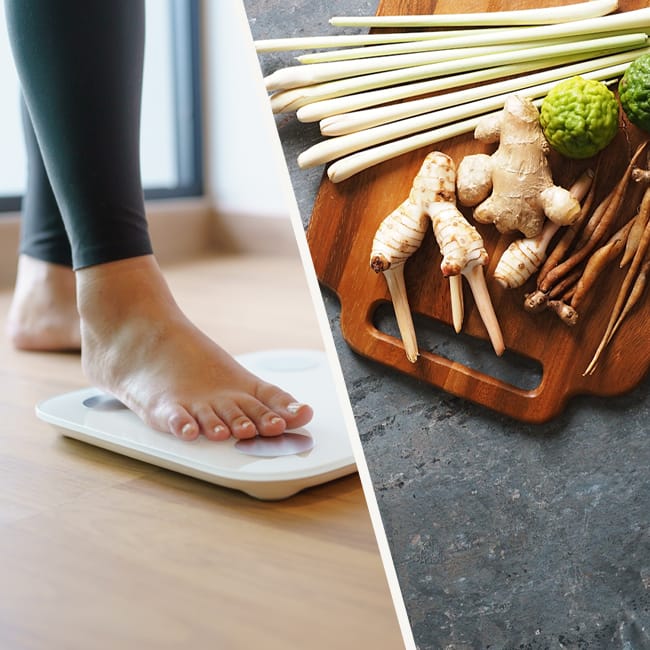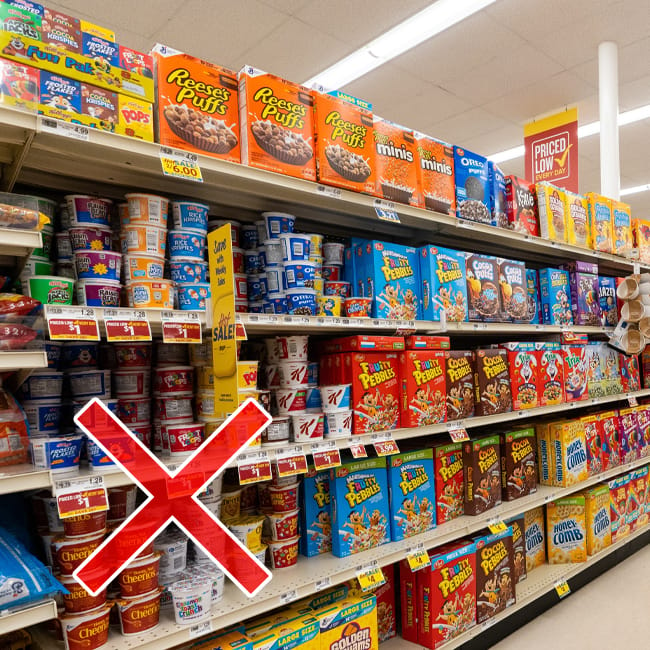This is an archived article and the information in the story may be outdated. Please check the time stamp on the story to see when it was updated last.
Losing weight may feel like a daunting task, and it’s true that in order to achieve your goals you will likely need to make some lifestyle changes that can either increase your calorie output, or reduce your calorie intake in a sustainable way that will net long term results. Sometimes the factor that may be standing in the way of weight loss is hidden within your day to day habits, so it’s important to be aware of your routine and particularly how you’re cooking your food when working towards weight loss.
If you’ve been eating a largely healthy and balanced diet but are still failing to see the results of your efforts, there’s one cooking mistake that experts agree may be the primary culprit in stalling results on the scale.


Cooking oil is an essential addition to many recipes both for its flavor and ability to ensure foods don’t stick to the pan. Oil, in moderation, can actually be a valuable addition to your diet even as you work to lose weight as it’s a great source of healthy fat in the ranks of avocado and nuts. That being said, too much oil or the wrong variation can merely bog down your body, overloading your meal with excess calories and making it even harder to reach your goals.
“Oil can be a beneficial ingredient when cooking some foods and meals. Unfortunately, oil is often used in an overabundance when water or sauces could be used in their place,” notes registered dietitian Trista Best. “For instance, sauteed vegetables can be cooked by using water or sauces like soy or liquid aminos.”
First taking note of the nutrition facts of your chosen oil, one tablespoon racks up nearly 120 calories, making a greater impact on your meal than you may think. Pouring oil without measuring can result in overconsumption, and if you’re cooking a recipe that calls for ample oil this will increase the fat content of your meal, diminishing the health benefits. However, that’s not to say that you should completely remove oil from your diet in order to see weight loss results. Instead, being aware of the amount you’re using will be one of your biggest hacks.

“First, it's a good idea to purchase oil in spray cans to ensure you only use enough oil to lightly coat the pan when sauteing,” suggests Isa Kujawski, MPH, RDN and Founder and Owner of Mea Nutrition. If you’re looking to cut down on your oil intake, cooking your vegetables in a broth can have a similar effect as oil without the overload of calories. Another option, if you’re used to having oil as a salad dressing, can be to switch to vinegar and seasonings to give your greens an extra boost. “If eating out, ask for the dressing on the side and use sparingly for flavor,” Kujawski adds.
It’s never good to create unhealthy fears around certain foods, and it’s important to remember that oil is not something which should be villainized or completely eradicated from your diet in order to see results. Rather, cutting down on your oil consumption and staying aware of how much you’re using can help to reduce sneaky calories which may be bogging down your weight loss success.
Healthy fat is an essential part of any balanced diet, but in excess, as with everything else, it can lead to weight gain. Making simple swaps to cooking spray or broth may make a difference if you’re using oil with every meal, and measuring your servings can help to keep you aware of how much you’re actually eating for achieving results with ease.


























